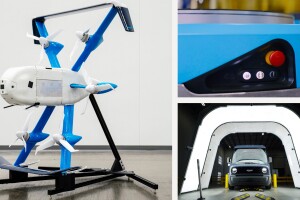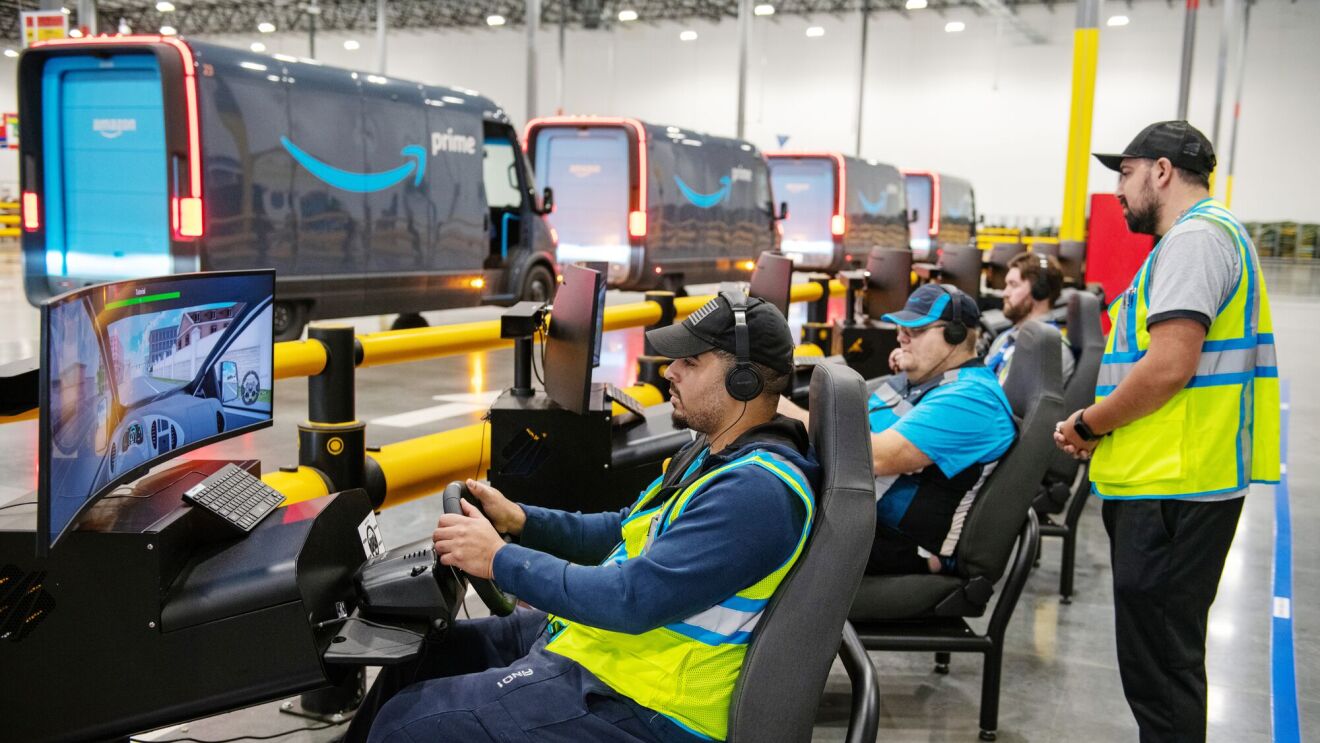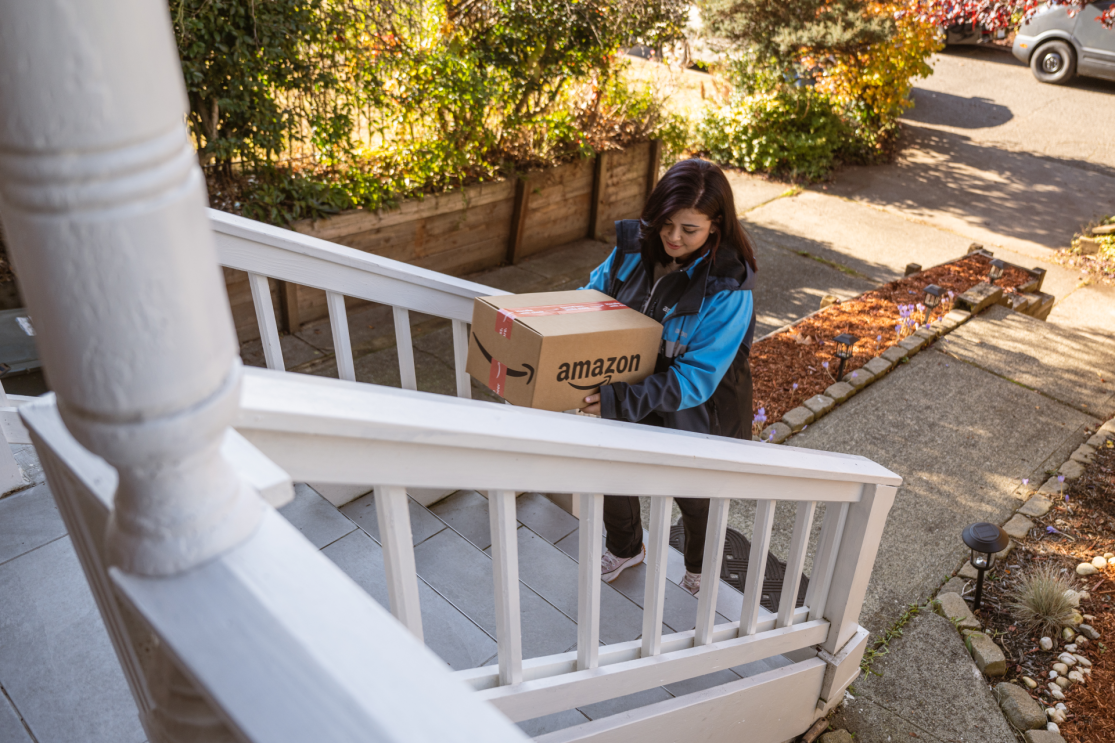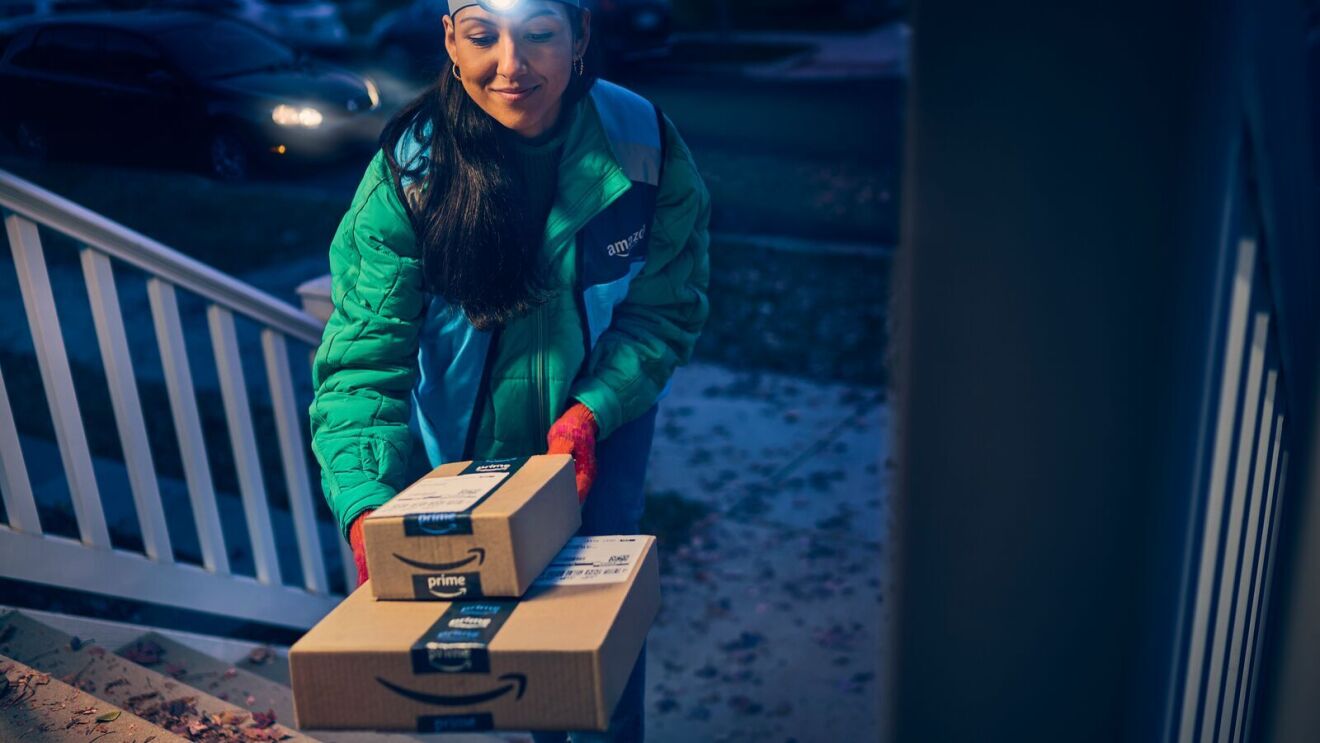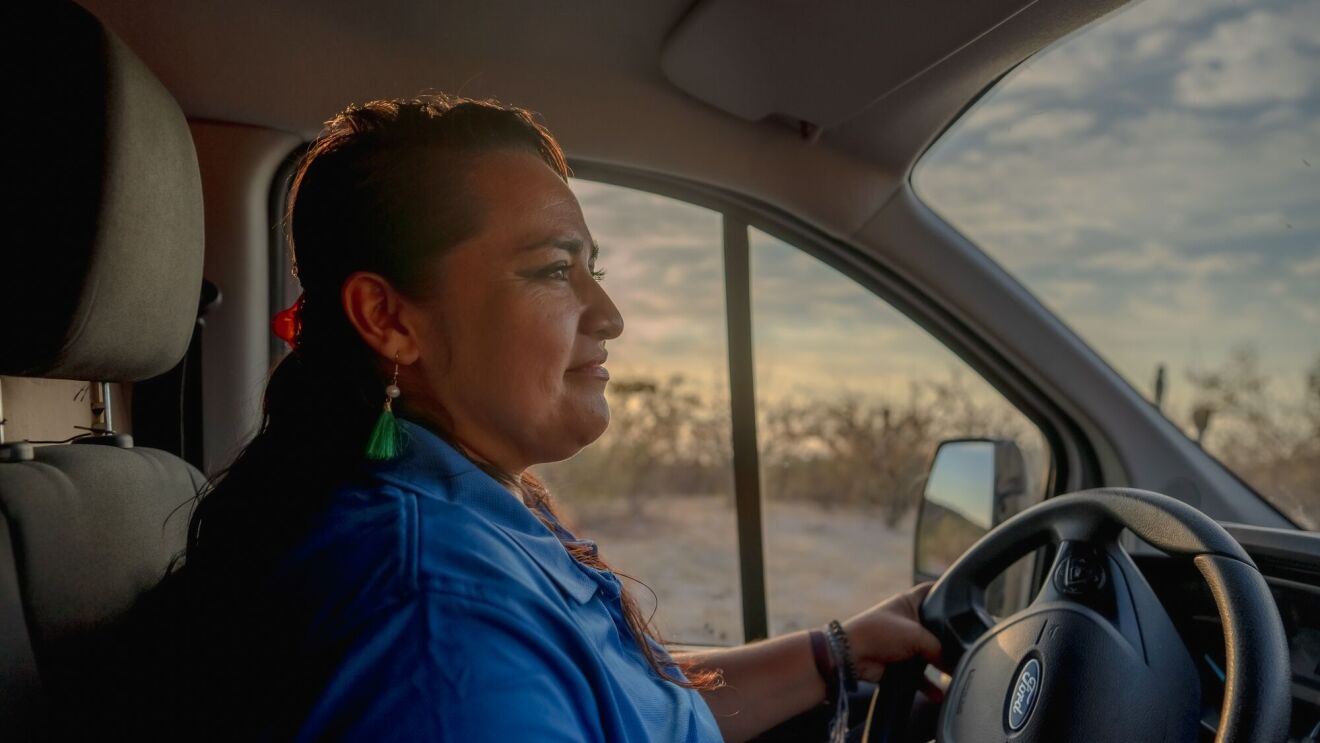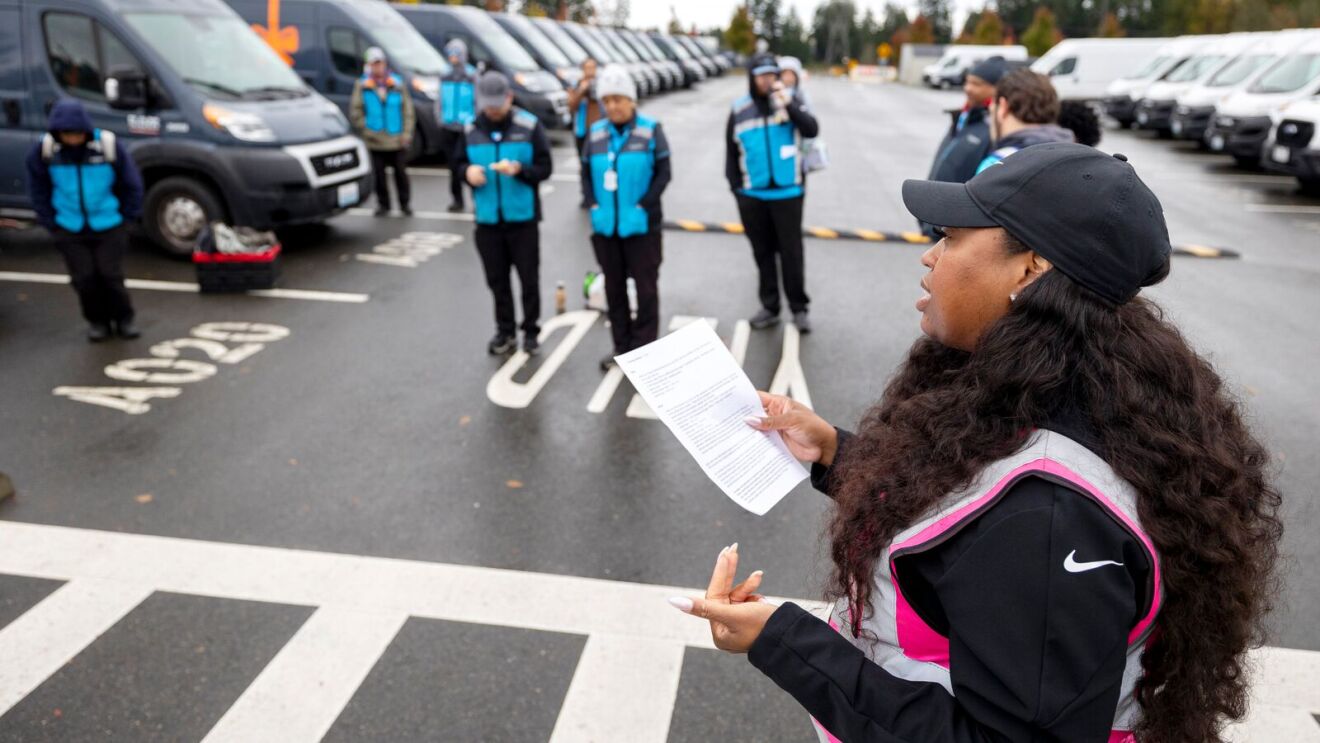Brazil has 203 million inhabitants and is internationally renowned for its cultural diversity, portrayed in many ways around the world. In this mix of communities, accents, and histories, there is an important structure that stands out more and more every day—the favelas.
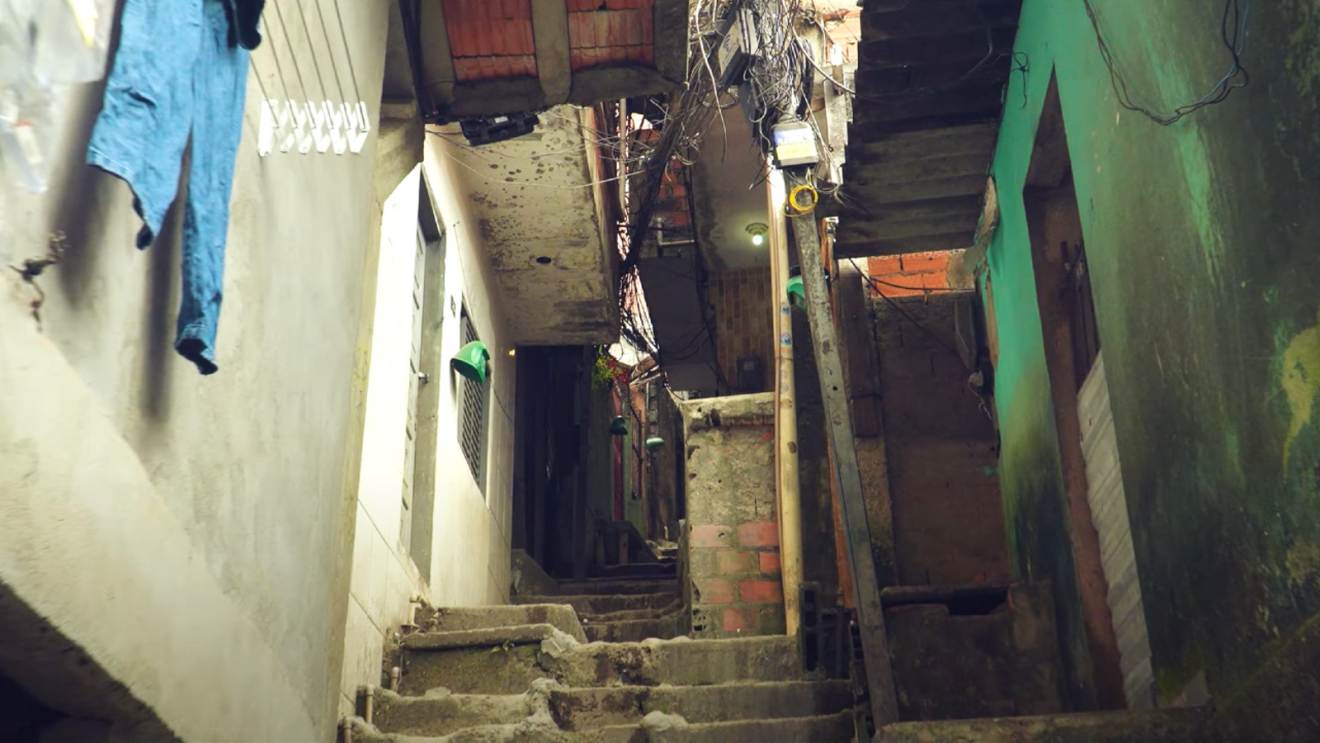
Favelas are high-density housing complexes in Brazilian cities. They’re composed of houses built informally on land where access to services and urban infrastructure is difficult. In all, there are more than 11,000 favelas in Brazil. These communities are home to around 16 million people and approximately 6.5 million households.
These vulnerable communities are made up of diverse and complex structures, which develop according to the limited resources and needs of the people who live there, and available space. Most favelas don't have formal street names, numbers, or addresses. Homes are built based on available space and money—some with difficult access or built between existing structures. Because of this, many online retailers block favela addresses as shipping destinations because it’s difficult for people making the deliveries to access the neighborhoods and locate the delivery address.
But not Amazon. As a company dedicated to positively impacting the communities where it operates and where its employees live, Amazon Brazil delivers to Paraisópolis (and other favelas) through a strong logistics ecosystem dedicated to supporting this population, giving the residents the same quality service as all other Brazilians.
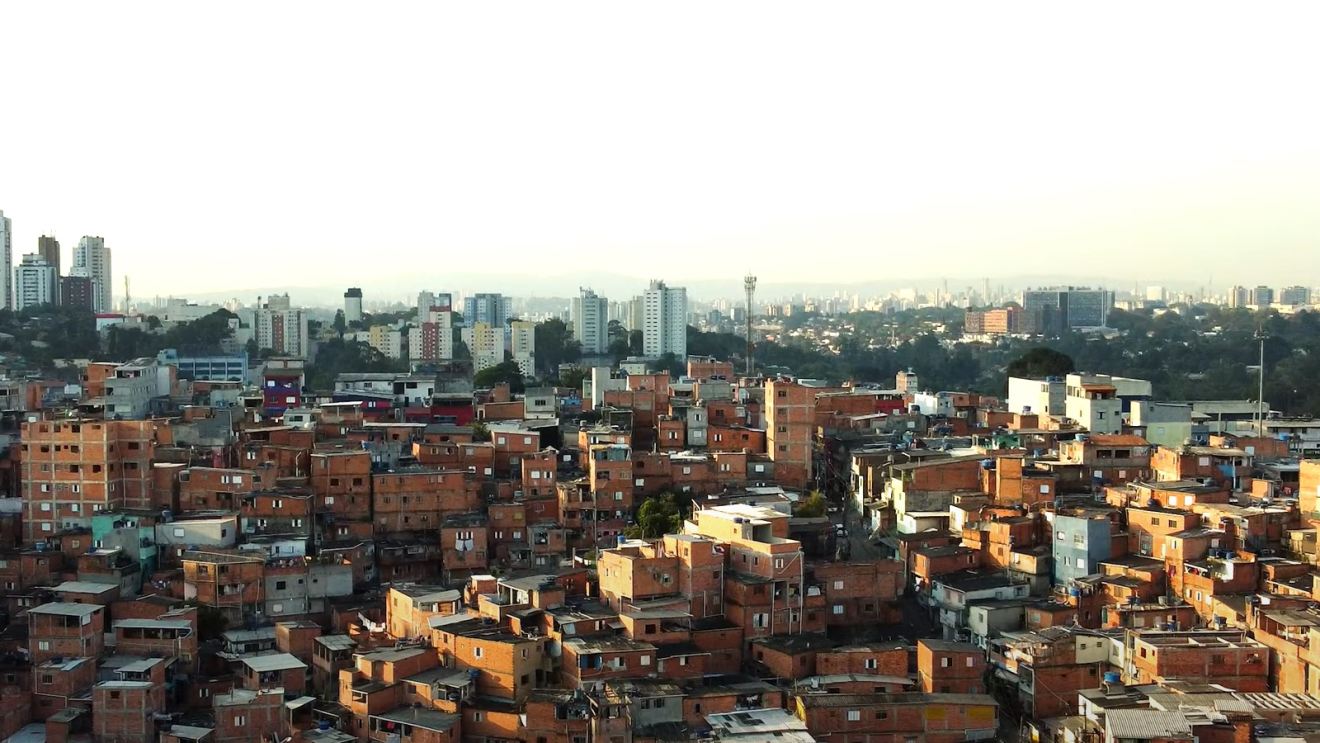
And due to Amazon’s use of artificial intelligence (AI) and machine learning (ML) to create precise routes, people who live in favelas where Amazon delivers receive their packages with the same efficiency as the rest of the seven communities in the state of São Paulo.
Amazon delivers to Paraisópolis via a delivery station located inside the favela and through Delivery Service Partners (DSPs) that employ local drivers who live in and know the communities.
Packages arrive to the Paraisópolis delivery station from a fulfillment center in São Paulo. Amazon's logistics network in Brazil includes 10 fulfillment centers and 22 delivery stations throughout the country. The Paraisópolis delivery station serves approximately 100,000 people who live in the second largest community of São Paulo, and Amazon DSPs deliver up to 2,000 packages a day from the station.
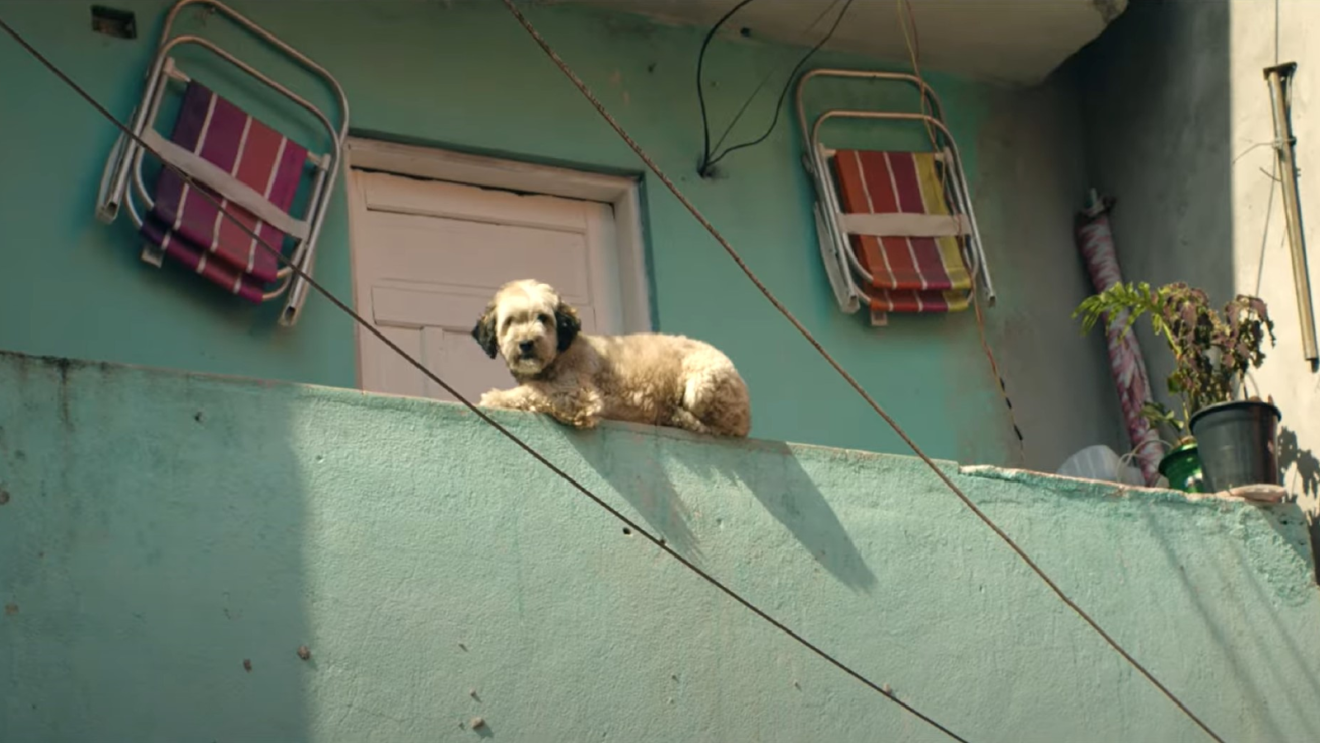
“Delivering in the favelas is a matter of offering customers an excellent level of service in these communities, service equivalent to what we offer to all customers in the adjacent regions,” said Rafael Caldas, an Amazon logistics leader in Brazil.
In addition to the special facility in the Paraisópolis community, Amazon has operations in other underserved communities, like Aricanduva, Brasilândia, Capão Redondo, Grajaú, and Heliópolis neighborhoods in the city of São Paulo and in the city of Carapicuíba in the metropolitan region.
To successfully navigate favelas’ narrow streets and pinpoint home addresses, Amazon and Amazon DSPs hire local residents to work in favela delivery stations. This makes delivering packages easier because the residents are familiar with the area. In addition, Amazon DSP drivers use motorcycles—instead of vans or trucks—to access the narrow streets and alleys throughout the neighborhoods.
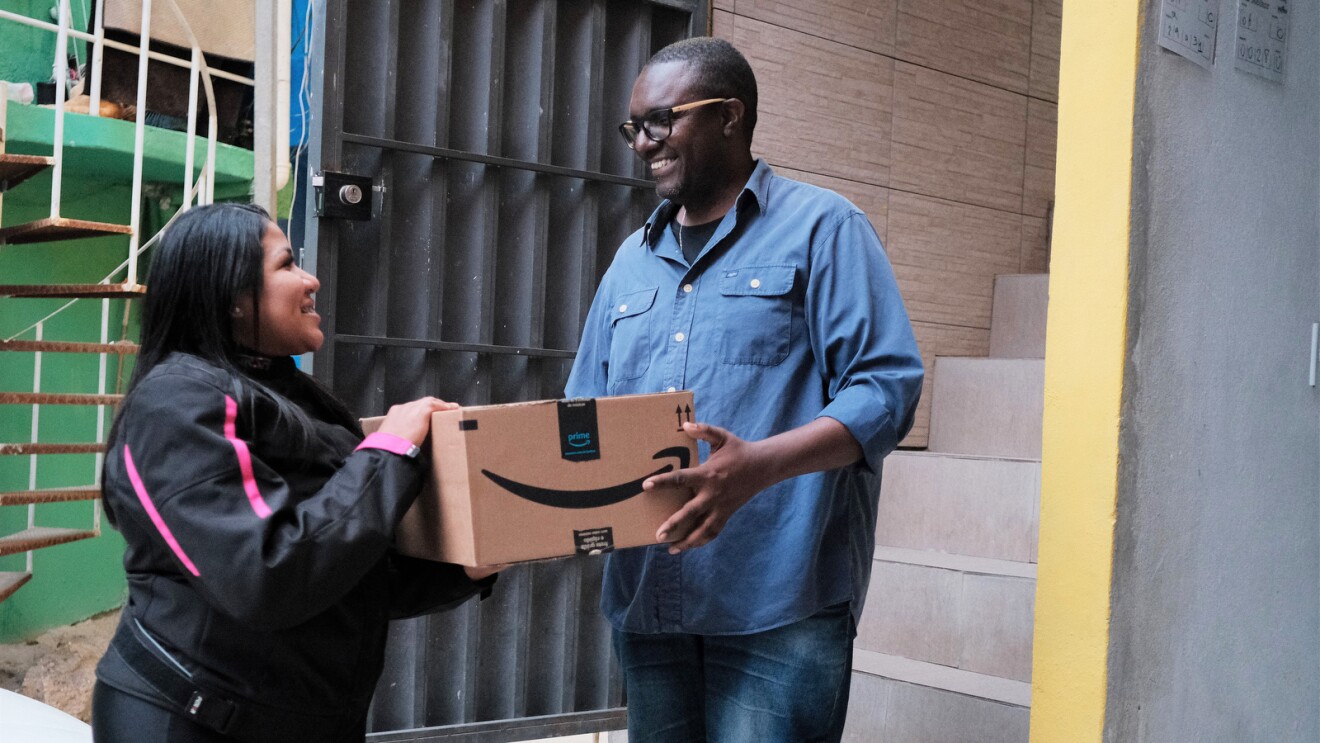
“Delivering in the favelas makes me feel safer,” said Débora Gonçalvez, a motorbike driver who delivers Amazon’s packages in Paraisópolis. “I grew up in the favela. I live in the favela. The feeling of happiness, the joy of receiving the packages—there is nothing better than buying a product and receiving it at your doorstep.”
Paraisópolis residents also enjoy the convenience of getting their Amazon orders without leaving their homes.
“Here in our community, everyone is used to using this service, and everyone likes it and speaks highly of it,” said Anderson Jorge, a Paraisópolis resident.
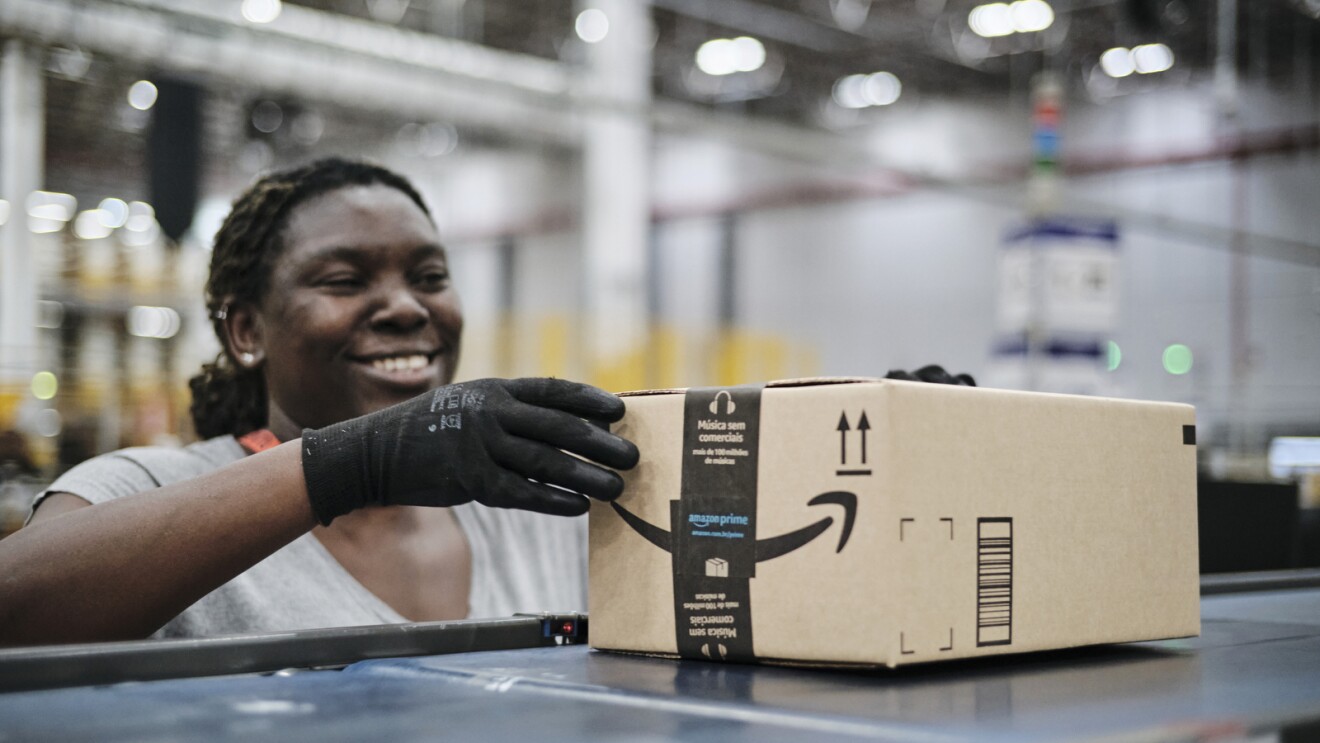
As a thank you to Paraisópolis residents and as a way to reinforce Amazon’s commitment to education and literacy, Amazon donated to the Pró-Saber Institute, a nonprofit that plays a pivotal role in fostering literacy and reading activities among children and youth who live in Paraisópolis. Amazon’s donation will contribute to the construction of a reading room and general improvements to the institute’s building.
Trending news and stories


